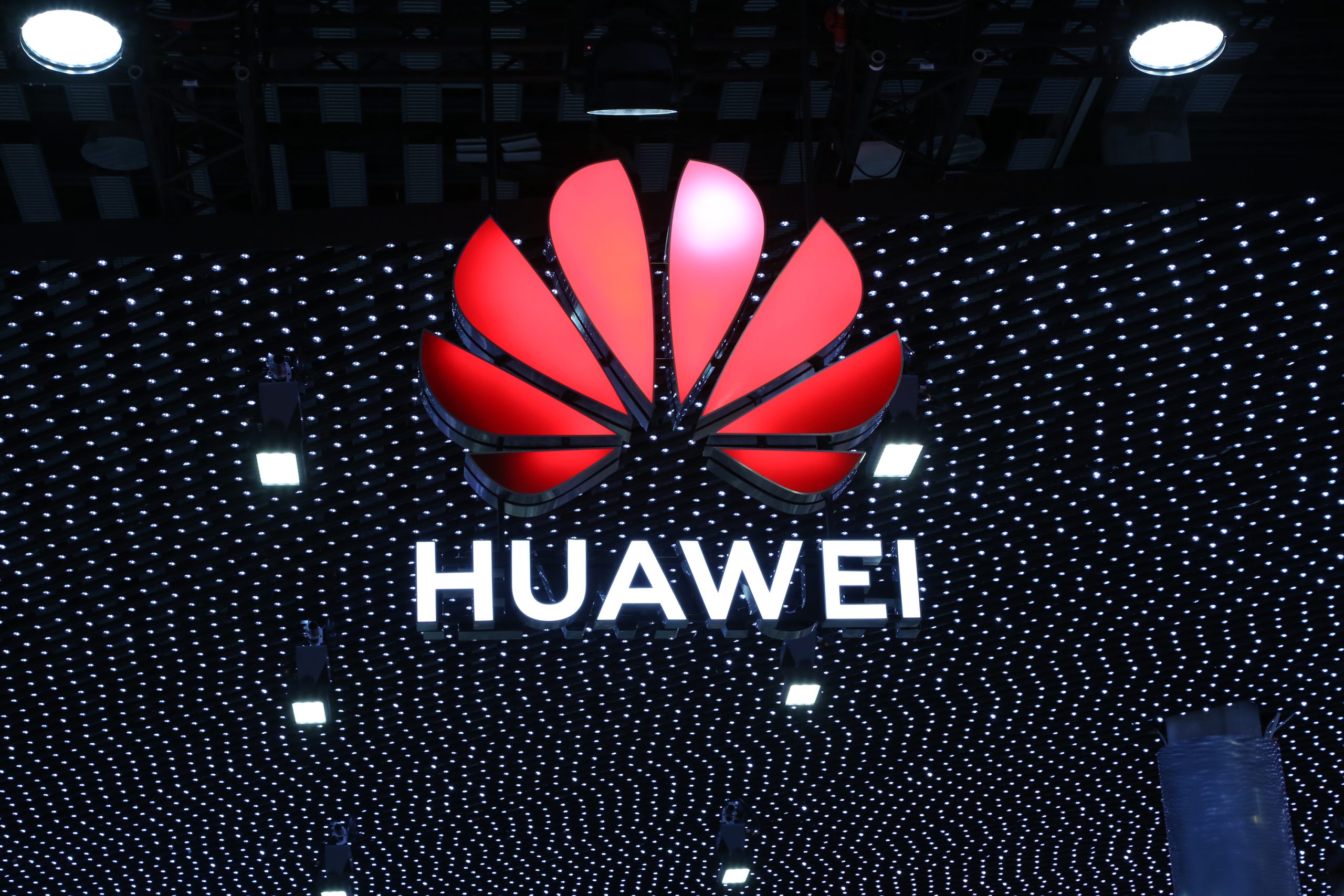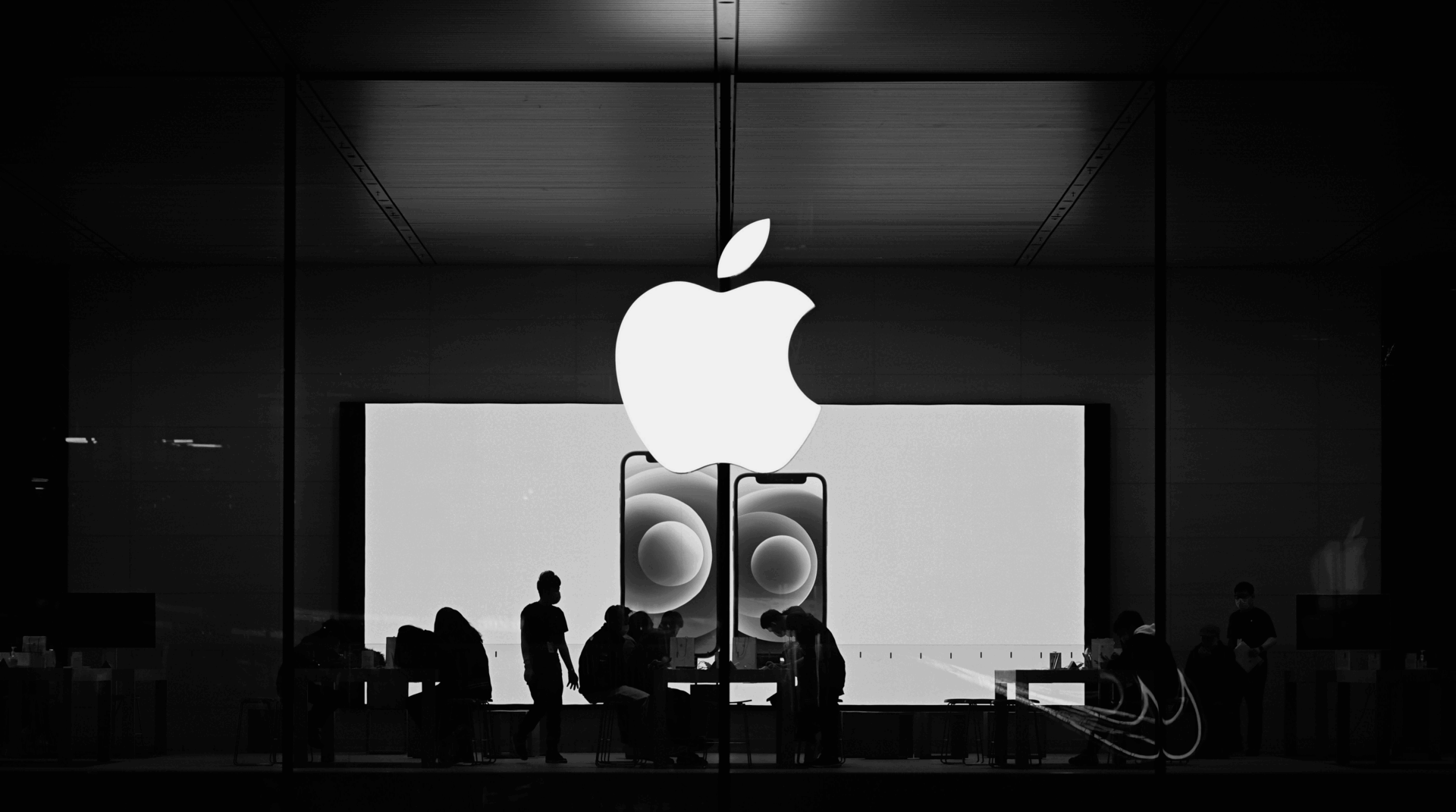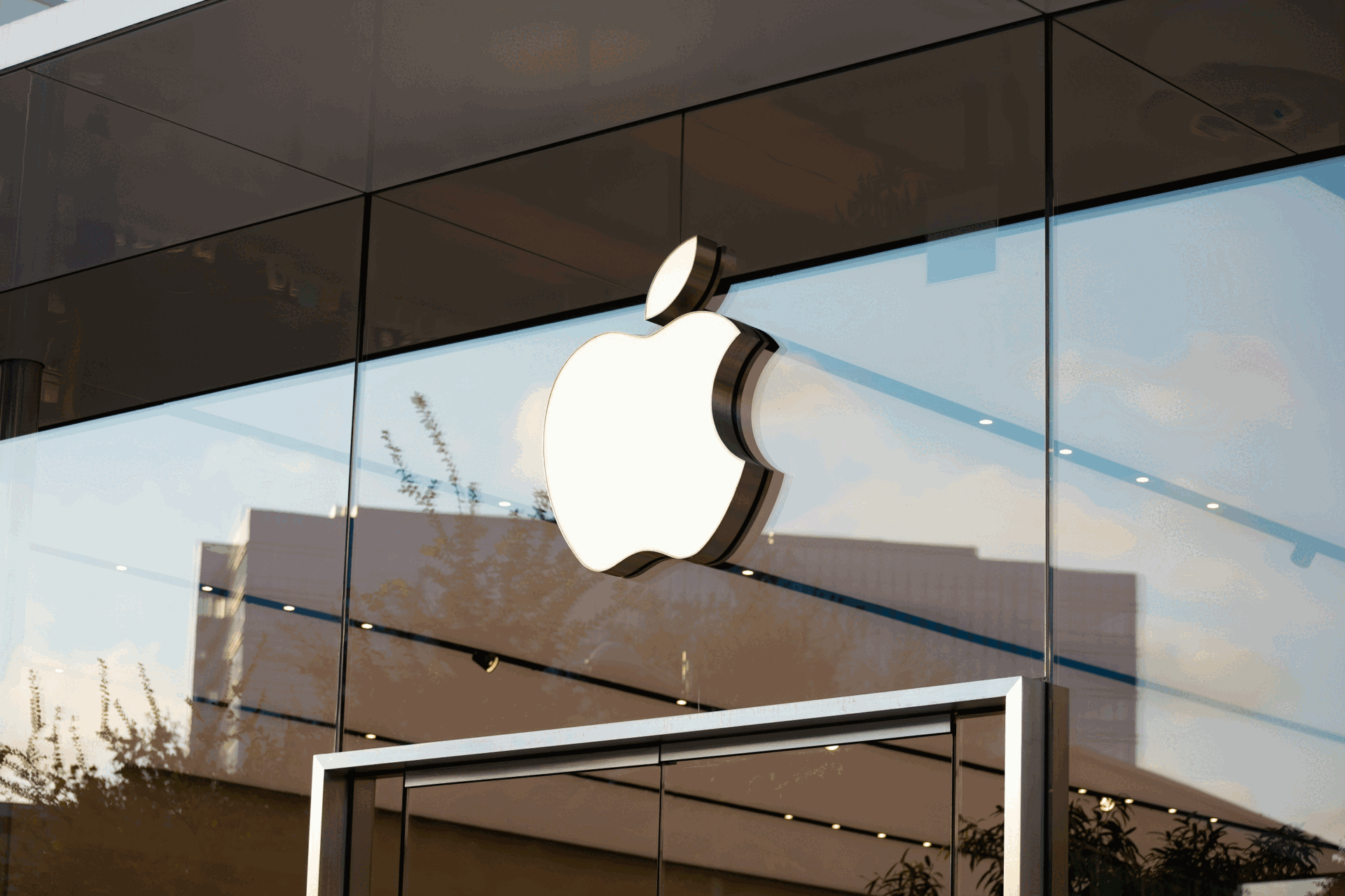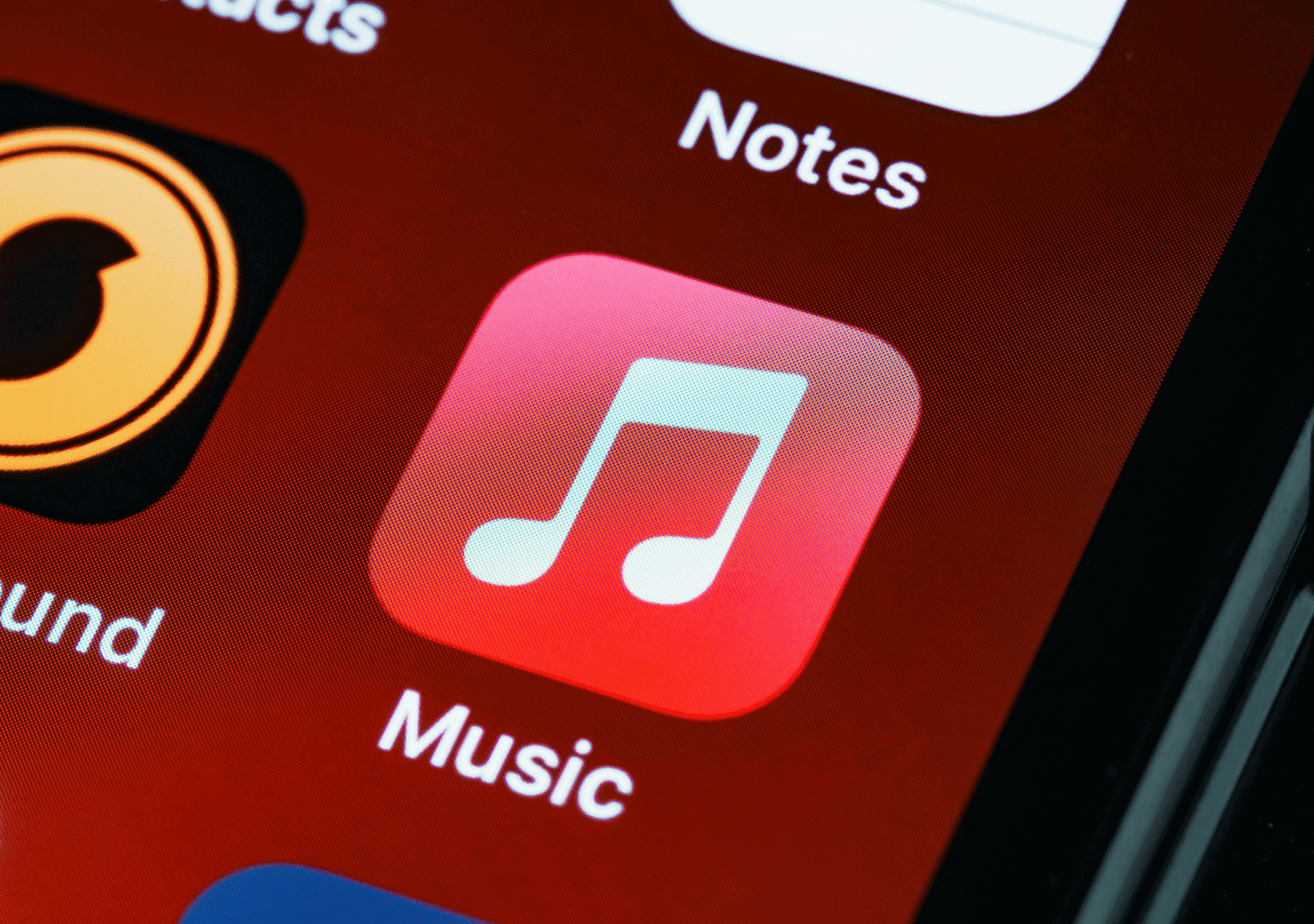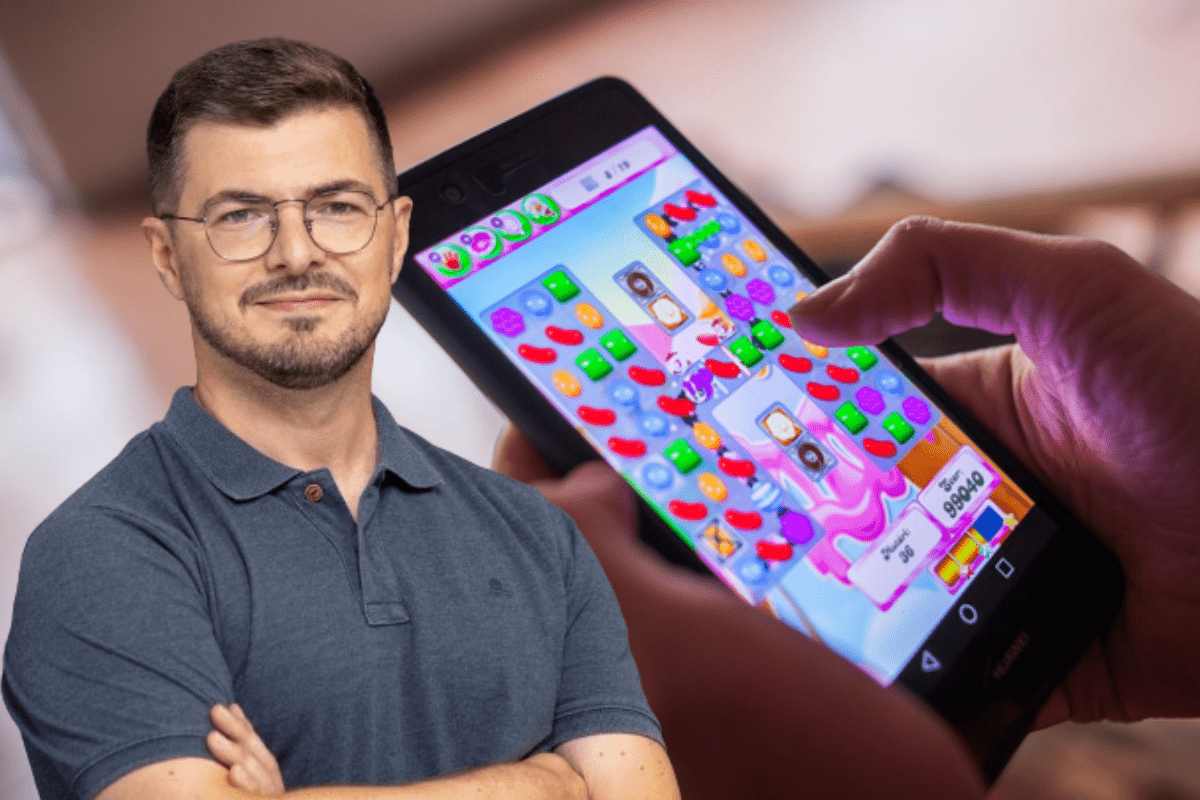Apple WWDC 2017: The Industry Reacts
- Wednesday, June 7th, 2017
- Share this article:
Apple’s WWDC developer conference always dominates the tech industry conversation during the week it happens, and this year is no exception, with the keynote announcing details on iOS 11, revealing Apple’s growing investment in augmented reality, and showcasing the new HomePod smart speaker. We reached out to industry experts for their reaction to the news coming out of San Jose.
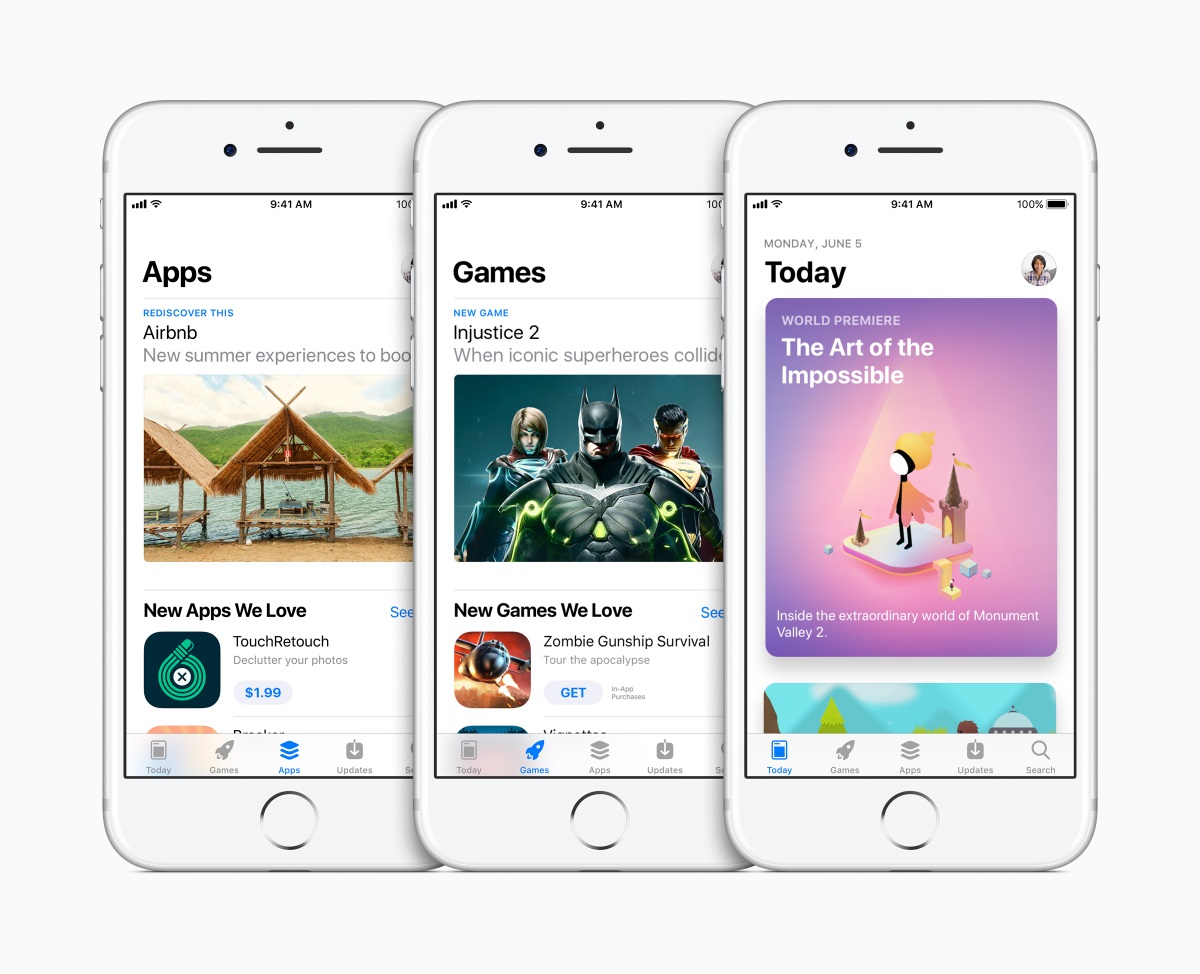 Dan Calladine, head of media futures, Carat Global
Dan Calladine, head of media futures, Carat Global
Apple’s primary aim has always been to attract people to its ecosystem, which means selling more hardware. The iPhone, for example, currently has a 92 per cent retention rate in the US, which any brand would be proud of. They aim to do this by producing both the best hardware, and the best software to accompany it.
In these terms it was a good day for Apple; there was lots of new hardware to excite the fans, and the promise of some very interesting software, which will finally enable their much-rumoured move into augmented reality.
I think the most interesting piece of hardware was the HomePod – essentially their answer to Amazon Echo and Google Home, but using Siri as the voice assistant, and looking as cute as a button (or more accurately a spool of thread). It’s certainly better looking than either of its rivals.
I’m in two minds about how successful this will be. On the one hand Apple wasn’t the first smartphone maker, but made the category its own when it finally brought out the iPhone ten years ago. On the other hand, I can’t help feeling that this was the product that they should have brought out instead of the Apple Watch two years ago.
Igor Gorin, CEO, Astound Commerce
Just like mail-order, physical stores, websites or mobile apps, digital assistants should be viewed as a separate channel due to their unique user experience and interaction model. While Apple’s Siri and Google Home are more of a neutral party to eCommerce and more in the business of information and convenience, it’s Amazon that’s best poised here, as the company is an online retail behemoth with more and more direct product lines and their own private label brands.
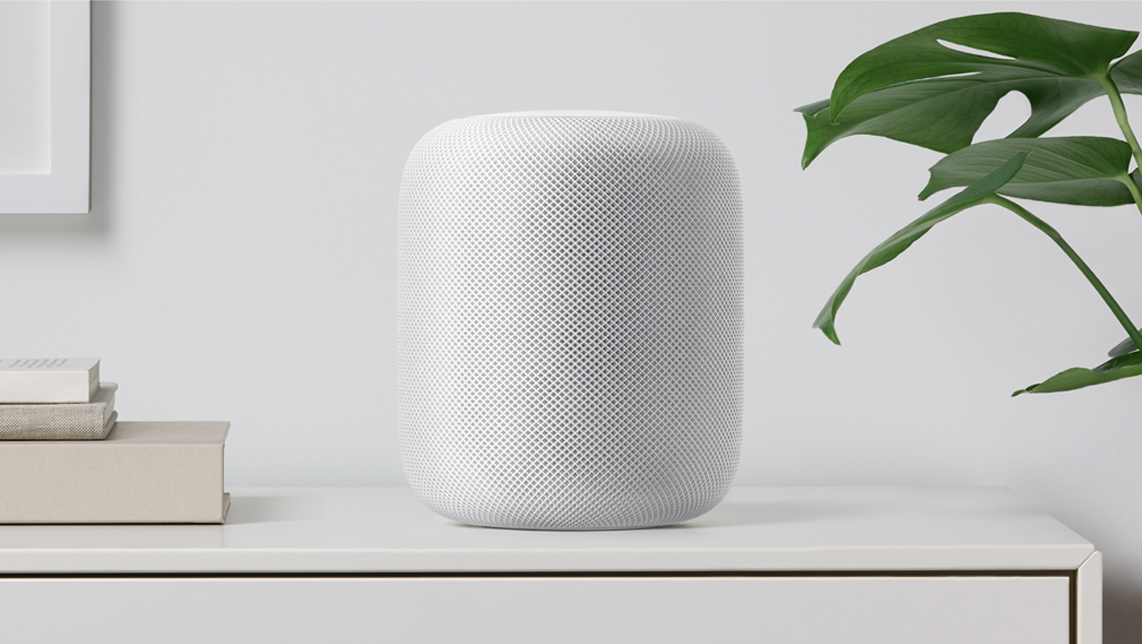 Jeremy Pounder, futures director, Mindshare UK
Jeremy Pounder, futures director, Mindshare UK
With some saying that Apple has fallen behind the curve on smart speakers, the unveiling of HomePod was an interesting one. Unlike its rivals, Amazon Echo or Google Home, HomePod has been positioned as a premium music speaker, putting emphasis on its high-end speaker and sound quality more so than its voice-assistant capabilities.
Apple’s marketing of HomePod is interesting when you consider voice-assistant technologies have somewhat over-promised and underdelivered in the past. We recently conducted a study with J. Walter Thompson and found that a significant barrier seems to be a belief that voice offers no advantages over the touch or typing equivalent, with 48 per cent of non-voice users saying they “don’t see the point”.
Some of the teething problems with speech-recognition accuracy and the precise language required by some assistants to complete tasks are contributing to this perception. To pre-empt this, Apple is cleverly managing consumer expectations by positioning HomePod as a premium in-home audio experience rather than a voice assistant alone. This emphasis on user experience and design will help Apple maintain its position as a premium product leader.
Scott Curtis, business transformation director, Publicis Media
In terms of major announcements, this isn’t a vintage year from Apple and the announcement of the HomePod feels more like they are playing catch up with the competition. While they aren’t going to change the world with any of their WWDC announcements, what we do have here are some smart consumer plays: upgrading the app store, AR experiences to mobile devices, 3D and VR content on the Mac, and new Apple Watch features. These provide their customers more entertainment and personalisation within their daily lives but there’s no wow factor in here.
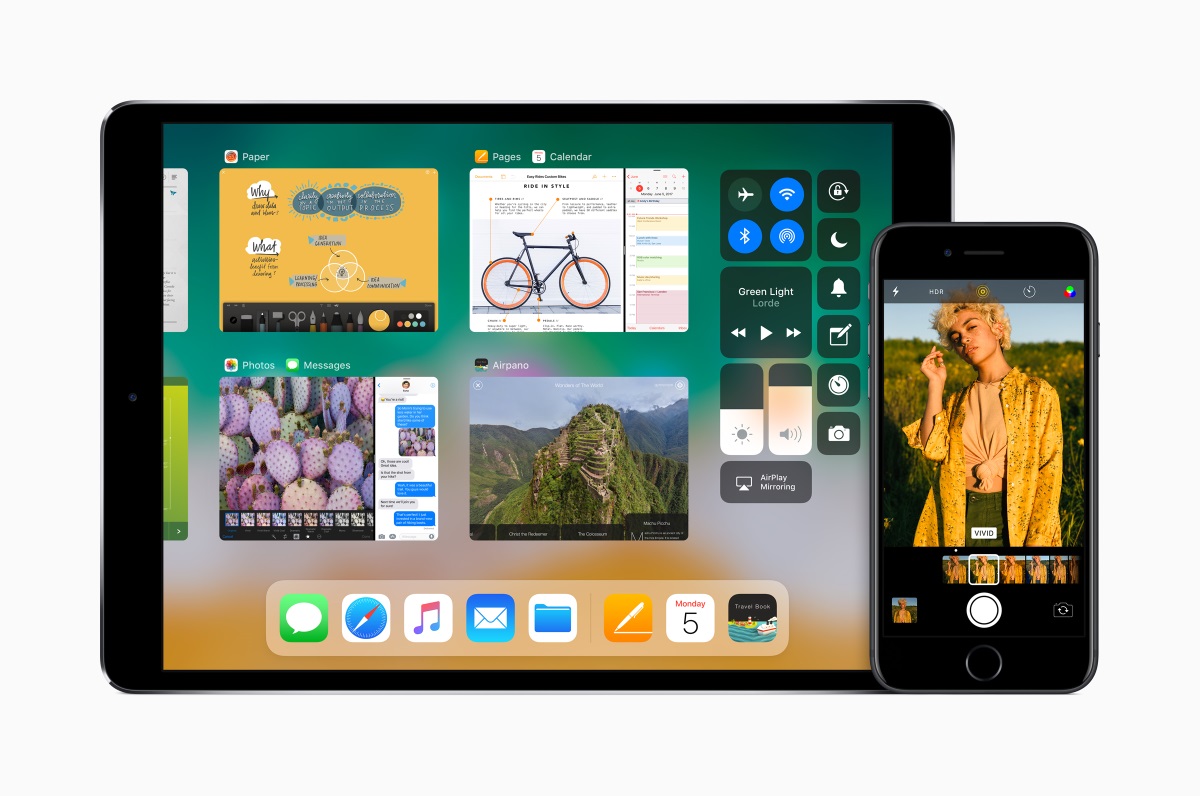 Thomas Husson, vice president and principal analyst, Forrester
Thomas Husson, vice president and principal analyst, Forrester
I think Apple will announce the 10th anniversary iPhone in September, and will dedicate an event to this. The launch of iOS 11 and the ARKit a couple of months ahead aims at enabling brands to develop new experience on top of the future device. I believe Apple will integrate some AR features and new sensors in the new version of their iPhone, and they want to make sure this will translate into content and services for consumers, right when the device is commercially available.
The HomePod is quite expensive, but that has always been Apple’s approach to launch new devices at a premium. The focus on music is smart and Apple can leverage Apple Music to compete with Google and Amazon. Apple is also trying to differentiate by focusing on privacy. I think they will progressively add new services powered by Siri.
For now, Amazon is ahead of the curve and more advanced with Alexa but this is a marathon and Apple will try to replicate what they did with the iPod starting as a music device, and then progressively morphing it into the iPhone with a range of apps and services. They could well do that again if they truly enable Siri to make relevant and predictive recommendations in context.
Dan Faulkner, senior vice president and general manager, Nuance Communications
Apple’s move into the smart home acts as another example to demonstrate the growing role virtual assistants are playing. From managing our entertainment to controlling our heating, lighting and even paying utility bills, virtual assistants are transforming our home and family lives.
However, with consumers seeking different providers to manage their subscriptions – from smartphones to TVs, internet and more – it is important that all of these applications and devices can talk to each other to guarantee the best possible user experience, ensuring end-users only need one virtual assistant to ‘manage’ their home lives.
![]() Richard Corps, managing director and co-founder, Ads Reality
Richard Corps, managing director and co-founder, Ads Reality
Apple’s ARKit platform shows the leap tech giants are making into the world of augmented reality. While Apple’s unveiling at its WWDC shows the direction the company is looking to take, it is something that is still in an initial stage for Apple who has yet to unveil a specific app that will allow users to engage with the platform on their smartphones.
Unfortunately, this is fairly endemic of many tech companies that are frantically competing for user engagement and time. We know that people engage with AR and the value that is also brings to businesses but before AR is considered as an engagement solution, whether it’s Apple or a high street retailer, you must first answer why you’re looking to deploy an AR strategy. We’re beyond the stage of it just being ‘nice to have’ for the big corporates – it’s now very much a tool that drives interaction with a wide range of users.
Cameron Worth, founder, SharpEnd
Apple announcing their devices will be able to read NFC forum type 1-5 tags will dramatically reduce the barriers to entry for brands wanting to invest in NFC as their smart packaging technology of choice. Evolutions in printed electronics and flexible plastics means we will also see NFC become much more commercially feasible for large-volume consumer products and move away from just high value foods into the Unilever’s and General Mills’ of this world.
iPhone’s NFC announcement is key because of their ecosystem, this will be fully integrated technology and will go a long way into changing consumer behaviour around tapping. Samsung worked hard to build an ecosystem around their NFC but they’ve never been as good as Apple at getting their device users to adopt new tech or behaviours.
I’ve been working with brands to adopt NFC at scale for the last six years of my professional life. With each Apple conference, it felt like we were getting closer to the announcement we were waiting for, and it’s now finally here. There was only a handful of us five or six years ago who were working on this area of the tech, and this morning I received emails from all of them which was a real IoT community vibe. Today, we witnessed the tipping point into the mainstream.
Frank Gillett, veteran technology industry analyst, Forrester
Apple’s announcements were focused on reassuring developers that Apple is still in the game of providing tools to reach consumers. HomePod looks like a speaker, but is priced like a discounted smartphone, because it has a smartphone class chip in it. That enables Apple to put responsive artificial intelligence in the speaker, which preserves privacy by not sending voice to Apple until it hears the ‘Hey Siri’. So the HomePod will enable developers to offer greater privacy than the competition with local AI (at a higher price), and great personalisation of music and home automation.




